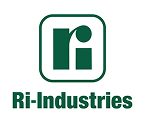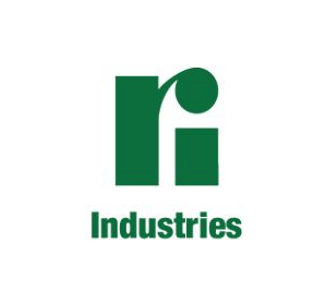 Purchasing a septic tank is not something one does often in life and may, at first, feel overwhelming. Ri-Industries would like to help ease your mind by explaining how the process works.
Purchasing a septic tank is not something one does often in life and may, at first, feel overwhelming. Ri-Industries would like to help ease your mind by explaining how the process works.
There are two circumstances when you might purchase a septic tank: for a new home build or for an existing home. Each circumstance follows its own process.
Purchasing a septic tank for a new home build: Typically speaking, the builder will handle the entire process. They will arrange for a wastewater engineer to determine the size and type of septic tank needed. This may be a STED point, common effluent point, or a soakage bed. They will also arrange for a plumber (installer) to inspect the site for any other concerns that may arise from an installation perspective. However, the homeowner may decide to take the septic tank out of the home build and handle it directly. Therefore, the homeowner will be responsible for arranging the wastewater engineer and plumber. The homeowner may purchase the septic tank directly from Ri-Industries or he/she may instruct the plumber to purchase the septic tank from us.
Purchasing a replacement septic tank: The homeowner can choose to handle the entire process themselves which means they will be responsible to arrange for the wastewater engineer, the plumber/installer, and purchase the septic tank. Or, the homeowner may hire a plumber/installer who will manage all of the other steps for them.
Are you installing a Ri-Treat Waste Water Treatment System instead of a standard septic tank? If so, these units need to be ‘commissioned’ by a service agent, so you need to contact them two weeks prior to you moving into your new house. Generally, the procedure is to ensure that the tank is ¾ full of water and all pumps are operational. The system should be fully established within two weeks, with clean water discharging to the irrigation system.
If a Ri-Treat unit is replacing an existing septic tank, we will send the unit pre commissioned therefore ready to run and work as soon as the electricity is connected.
Ri-Industries has been in operation since 1947 and we have made it our life’s work to deliver outstanding pre-cast concrete products. We are committed to excellence, not only in our manufacturing techniques and processes but through every interaction we have with our customers. We appreciate the opportunity to speak with you about your septic tank needs. Please call us at 08 8444 8100 to speak with one of our experts.




